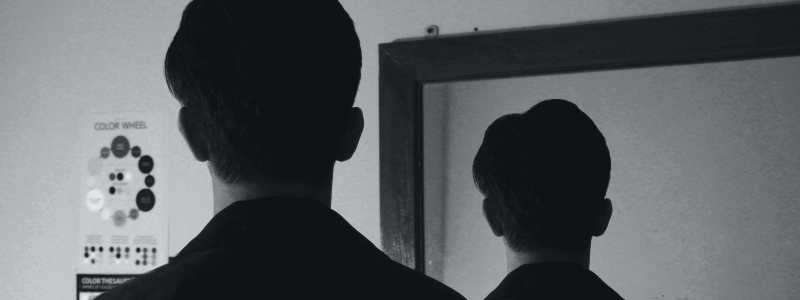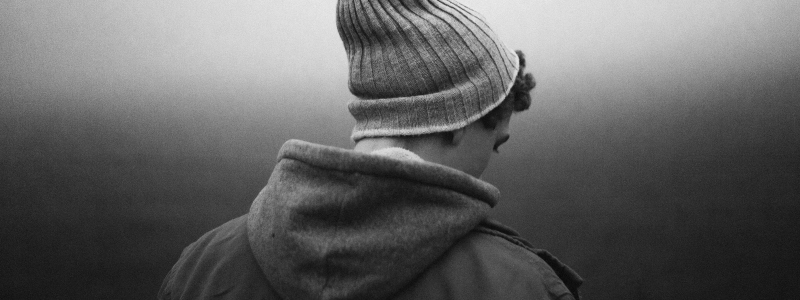Breaking up with someone is hard to do. Often we feel a degree of ambivalence about our own emotions and our instinct is to both find the easiest and fastest way of ‘just ending it’.
Whilst this may seem seductive, the easiest and fastest way is often more likely to cause conflict and to leave us feeling ‘unresolved’ about the ending.
I believe that it is possible to end a meaningful relationship with another whilst holding ourselves in mind and essentially being ‘selfish’. I often refer to being ‘selfish’ (with a small ‘s’) in my consulting room as being the act of first and foremost holding ourselves in mind whilst not dismissing another’s experience.
Even good things must end
The first step in holding ourselves in mind is to bring an end to the relationship. If you have made up your mind then this represents a ‘hard boundary’ and is not one that can be negotiated.
The second step is to think about how you want to feel after the break-up. This is another step in being selfish in that you are thinking about your own sense of integrity and self esteem. If you are ending a relationship with someone you have cared about and the ending is a ‘no fault ending’ then it is unlikely you will feel good about yourself if you simply ‘ghost’ them.
Accepting different emotions
If your partner is not expecting the relationship to end, it is likely they will have a very different emotional response to the news than yours. Whilst this may feel uncomfortable, it is entirely natural and providing they do not verbally or physically attack you nor try and make you feel responsible for their emotions, they are allowed to have their emotional experience.
I would suggest that relationship endings should always be done in person and in private. It can be tempting to create distance when initiating a break up – such as ending things via text message – but this is far more likely to cause a ‘messy’ ending than by meeting with the person. By meeting in private it gives you both the opportunity to say what needs to be said and importantly feelings to be felt, without the discomfort of strangers witnessing your relationship coming to an end.
When we are uncomfortable about delivering a message that may hurt another, we can have the tendency to try and ‘soften the blow’ by using gentler language, however, this can backfire as the person receiving our message may hear this as a sign of hope and fail to recognise that the relationship is truly over. Clarity is ultimately kinder to you and your partner.
Being compassionate does not mean staying when you want to go
You can empathise with your partner’s feelings of shock, hurt, disappointment and sadness without backtracking on your decision or making yourself ‘wrong’. Remember, they are entitled to their emotions and you are entitled to yours.
I would recommend being boundaried with the time you spend delivering the message and thinking about where the balance lies between delivering what you have to say compassionately and sacrificing your needs. Perhaps plan in advance how long you will spend talking to your (ex) partner before leaving and creating some distance.
If your partner is able and willing to have a dialogue with you then you can discuss how you will approach letting your sider family and social circle know about the break-up and agree a narrative you both can adopt.
If possible, cut off all contact following the break-up, so as to allow space to grieve and start to move on. You can think about this in advance of your meeting and I would suggest that a minimum of a few months can be a helpful period of time to grieve some of the rawer feelings.
Let’s be friends…
Don’t commit to being ‘friends’ at the break-up. Whilst this again may feel seductive, neither of you know how you will feel about the other once the dust has settled and you have grieved. You may be able to be friends or you may not. The romantic relationship needs to first come to an end and only in time will you know whether any form of platonic relationship is possible.
Recognise that even though it is you who has initiated the break-up, this does not mean that you will not feel grief and need to give yourself time to let go of the relationship and your now ex-partner. Getting used to the ‘space’ left in our lives after a break up – a shift emotionally from ‘we’ to ‘me’ – can take time and feel uncomfortable. The inclination can be to ‘fill’ that space with dating, however, this rarely works out well and is a way of avoiding the grieving process.
Mark Vahrmeyer, UKCP Registered, BHP Co-founder is an integrative psychotherapist with a wide range of clinical experience from both the public and private sectors. He currently sees both individuals and couples, primarily for ongoing psychotherapy. Mark is available at the Lewes and Brighton & Hove Practices.
Further reading by Mark Vahrmeyer
Can Self-Help become an identity?
Can psychotherapy help narcissists?












